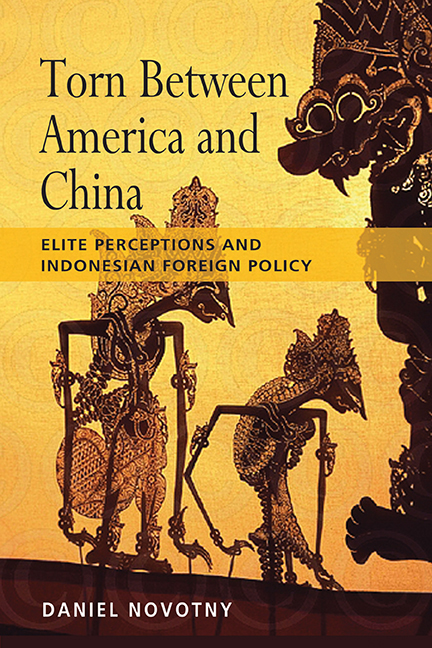Summary
The origins of this book can perhaps be found somewhere inside the extensive maze of narrow corridors or in the State Rooms of the “Office of the President” that is located within the splendid Prague Castle perched on top of the hill in the heart of Prague, the capital city of the Czech Republic. As an intern and later an aide in the Political Department during President Václav Havel's tenure, I enjoyed the privilege of watching closely the “human dimension” behind foreign policy-making. I was often taken aback when I saw how much impact the President's, senior diplomats’ and policymakers’ personal idiosyncrasies (shaped by past experiences), their personal perceptions, attitudes and preferences would have on the dynamics and actual outcomes of a state's foreign relations. One of the main arguments underlying the discussion in this book is the idea that policy-makers’ perceptions are as important as realities, in that they shape their real actions.
This book was written for many thousands of people — students, academics, professional diplomats, as well as a general audience who are interested in and want to learn more about foreign policy-making in general and the important role Indonesian policy-makers’ threat perceptions play in shaping the country's foreign policy in particular. I spent more than four years researching this topic — including countless hours of interviews with present and former Indonesian presidents, cabinet ministers and senior diplomats (and days spent at the library) — and, finally, wrote this book out of passion and curiosity. “International relations” and “foreign policy” are fascinating objects of study. However, most texts on foreign policy formation tend to use mostly narrative, descriptive and atheoretical approaches and generally seem to downplay the important role of decision-makers’ threat perceptions in explaining foreign policy outcomes. Their limitation stems from the failure to use a theoretical framework to organize and assess empirical findings. While this book brings a theoretical perspective based on the balance-of-threat concept to bear on the study of foreign policy elite perceptions, it puts a special emphasis on the elite's state-based security concerns. The balance-of-threat theory is employed here as a predictor about how Indonesia will behave and whether it will implement policies intended to prevent other countries from endangering Indonesia's national interests and security.
- Type
- Chapter
- Information
- Torn between America and ChinaElite Perceptions and Indonesian Foreign Policy, pp. xv - xviiiPublisher: ISEAS–Yusof Ishak InstitutePrint publication year: 2010

